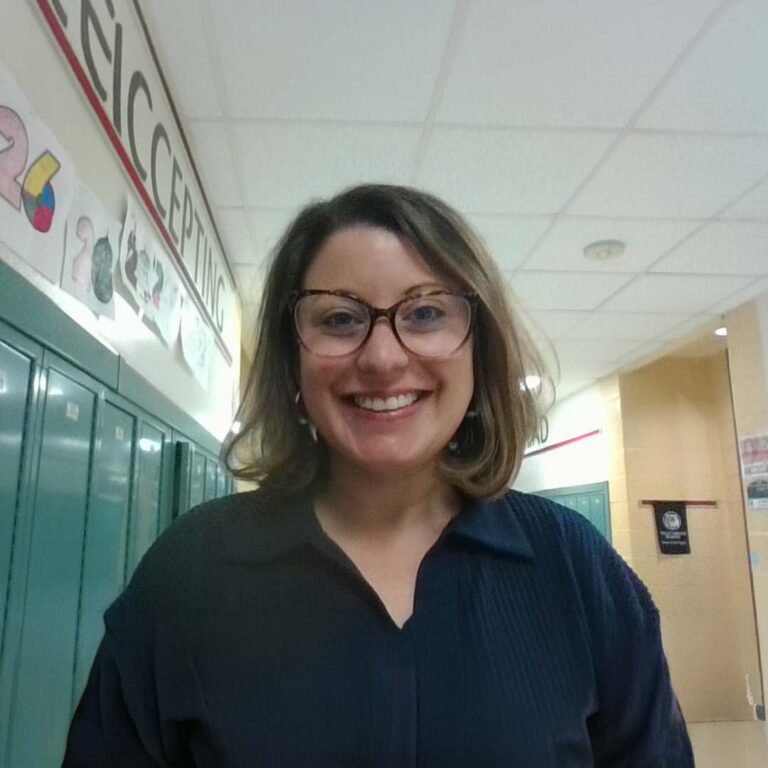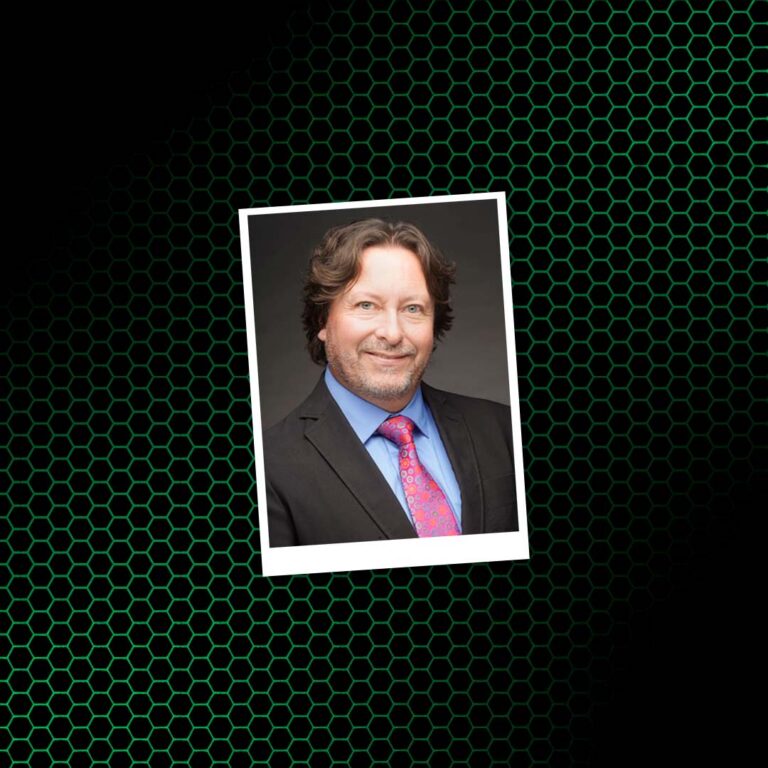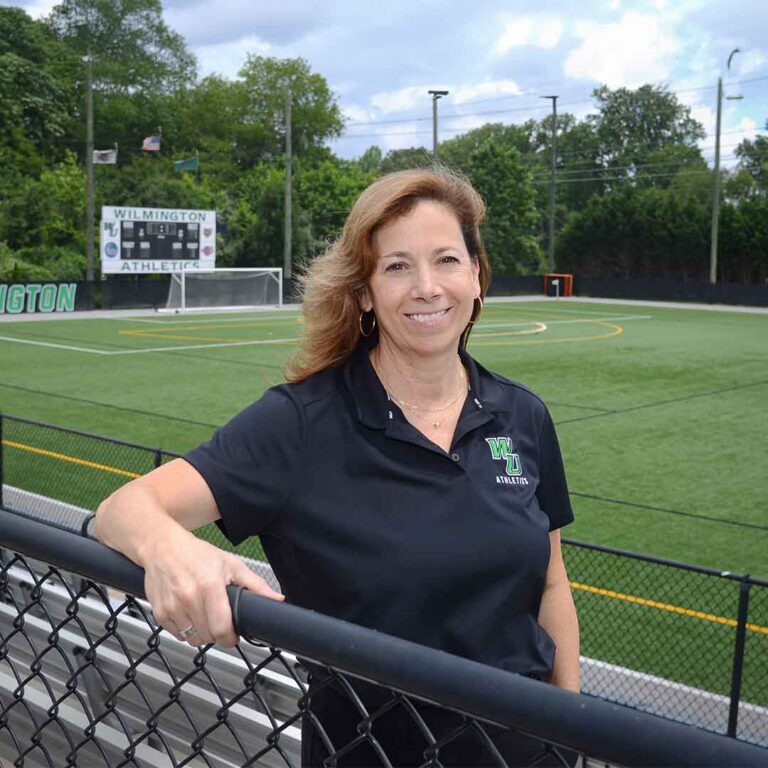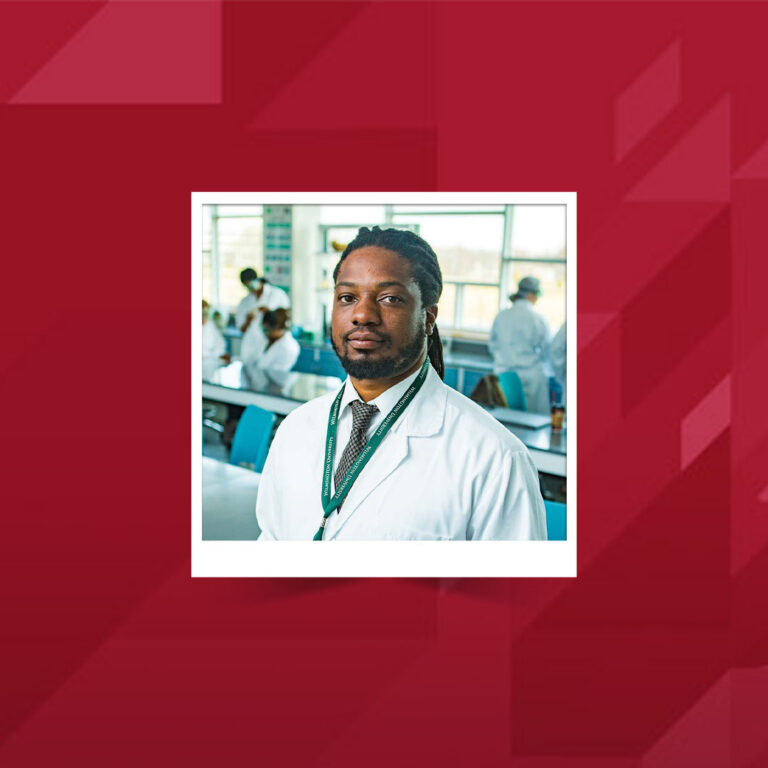A Teacher’s Reflection
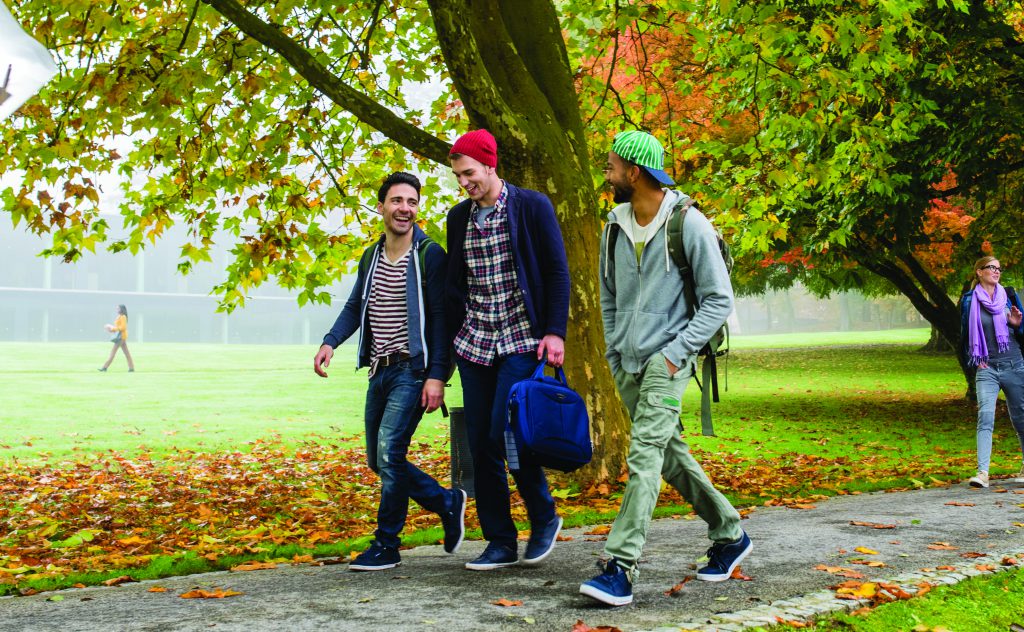

I’m nearing the end of what has been a wonderful, life-affirming teaching career. I don’t know what the future will hold. The mystery of it all has made me more reflective, prompting me to look back on my career and wonder how I served my students: Did I inspire them? Was I able to make a difference in their lives?
Maybe I did. Once, a parent texted and thanked me for allowing her daughter to express herself through her art. It reminded me of my belief that there’s something unique and valuable about every human being. For this student, art was her solace. One of my teaching roles was to find that uniqueness, polish it, value it and display it. It’s not just the teacher’s job; it’s part of the job of living. We all have to dig in and find our distinctiveness.
In the Episcopal Church, to which my wife and I belong, a tenet is to respect the dignity of every human being. There’s not a lot of dignity being respected these days, particularly on social media. Yet even social media can’t silence positive voices.
I once taught a foreign student who came to America from a poverty-stricken, unsafe country. I cried when she thanked me for making my classroom a safe place, then described how our class saved her life during a traumatic time.
My students who became teachers are my legacy. Through them, I learned to find that piece of gold in every person; that shred of goodness. I’ve never met anyone who didn’t have it.
Literature teaches us empathy. It teaches us to think. It helps us deal with our emotions. Writing helps us express these feelings. If I have one thought to share, it’s this: Finding the goodness within is well worth the effort.

A former WilmU employee and now adjunct, Mike Boyd was a longtime mentor-teacher for students and practicum teachers. He read and evaluated hundreds of student writing samples that were submitted as part of their graduate admissions processes.
